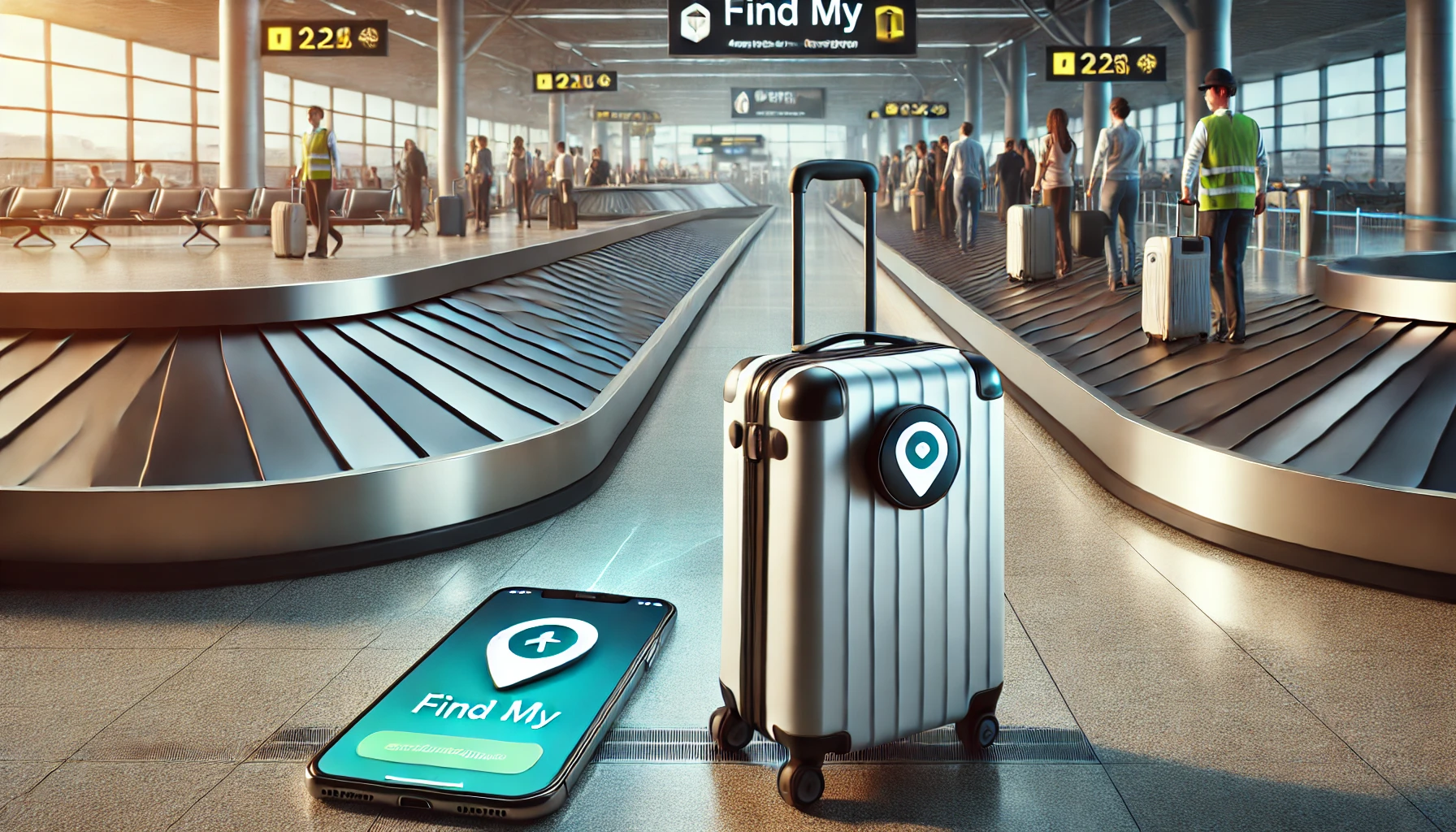
No More Lost Bags: How Apple Plans to Help Airlines Track Your Luggage
Apple recently unveiled an initiative aimed at aiding airlines in locating lost luggage more effectively through its tracking technology, a move that has sparked widespread interest in the travel and tech sectors. The project emphasizes Apple’s AirTag devices, which have gained significant popularity since their launch in 2021. AirTags use Bluetooth technology to track items and connect to Apple’s global network, providing precise location data for various personal belongings. By integrating AirTags more closely with airline systems, Apple hopes to streamline luggage tracking, making it easier for both airlines and passengers to locate lost items in real time.
The initiative comes in response to ongoing issues with luggage mishandling, especially during peak travel seasons when delayed or lost luggage rates tend to increase. According to the International Air Transport Association (IATA), approximately 25 million bags were mishandled globally in 2022, a significant problem given the rise in post-pandemic travel. Apple sees an opportunity to assist in reducing these incidents by enhancing the capabilities of its tracking network and working alongside airlines to improve existing systems.
Key to the system is the AirTag’s reliance on Apple’s expansive Find My network, which includes over a billion Apple devices worldwide. When an AirTag-equipped item is lost, nearby Apple devices can anonymously relay the location back to the owner, allowing lost belongings to be traced even in crowded locations like airports. By collaborating with airlines, Apple aims to make this network more accessible to baggage handlers and airline customer service teams, who can use the precise location data provided by AirTags to locate lost items more quickly.

One of the biggest challenges airlines face in managing lost luggage is delayed reporting and limited tracking precision. Traditional luggage tracking is based on barcode systems that scan bags at various points in their journey. While effective in normal operations, these systems struggle in cases of routing errors or when bags end up in unintended locations. Apple’s technology could serve as an additional layer of security, complementing barcode scans with real-time tracking that activates immediately if a bag is misplaced. This approach would allow airline staff to pinpoint a bag’s location almost instantly, a substantial improvement over the current methods.
However, some challenges remain. Privacy concerns are central to Apple’s initiative, given the sensitive nature of location data. Apple has emphasized that AirTags operate under strict privacy standards, using end-to-end encryption to ensure location data remains anonymous. Only the AirTag owner can view their item’s location, and Apple has implemented additional safety features to prevent misuse. For example, if an AirTag is detected traveling with an individual who does not own it, the person is notified via their device. These features aim to provide security while maintaining user privacy, addressing concerns of those wary of tracking technology.
Apple’s partnerships with airlines are in early stages, with trial runs expected to assess operational compatibility. Certain major airlines, including United Airlines and Delta, have expressed interest in integrating the AirTag system, although formal agreements are still in development. Airlines are particularly drawn to the technology’s potential for reducing compensation claims and streamlining baggage handling costs. The AirTag’s durability and ease of use add further appeal, with the small, battery-operated devices requiring minimal maintenance and offering extensive location range.
For travelers, Apple’s initiative promises a heightened level of reassurance. Lost luggage can result in significant inconvenience and distress, especially for those on extended trips or traveling with essential items. The ability to personally monitor luggage location through the Find My app provides travelers with a sense of control and transparency in the event of a mishap. This functionality has led to increased sales of AirTags, with many users purchasing them specifically for travel use, highlighting their role in the journey experience.
In the larger tech landscape, Apple’s expansion into airline operations exemplifies a trend where technology companies are increasingly collaborating with traditional industries to solve long-standing challenges. The potential success of this luggage-tracking initiative could open doors for future integrations across other travel-related sectors, such as hotel check-ins and car rentals, where precise location data can further enhance the user experience. Moreover, should this project prove effective, other tech giants may follow suit, leading to a new era of digitally optimized travel.
Despite the promise, some experts remain cautious, noting that Apple’s solution might not fully resolve all mishandling incidents. Factors such as lost AirTags, battery depletion, or interference in certain airport areas could limit effectiveness. Furthermore, non-Apple users currently lack a comparable alternative, raising questions about accessibility and inclusivity in tech-driven travel solutions. Nonetheless, Apple’s involvement marks a notable step forward in addressing a persistent issue within the airline industry.
As the trials progress, both Apple and the airlines involved will likely continue to refine the process, collecting data on user experiences and operational efficiency to enhance the system further. Ultimately, if Apple’s collaboration with airlines succeeds, it could redefine how the industry approaches lost luggage, transforming AirTags into a standard travel companion for millions around the world.

Pingback: Immigration to Ireland from Pakistan
Pingback: How High-Tech Solutions at Saudi Arabia’s Grand Mosque Are Changing Umrah and Hajj
Pingback: VAT Refund: New Tourist-Friendly Rules in the UAE
Pingback: Aruba Marriott Resort & Stellaris Casino: Your Gateway to Paradise